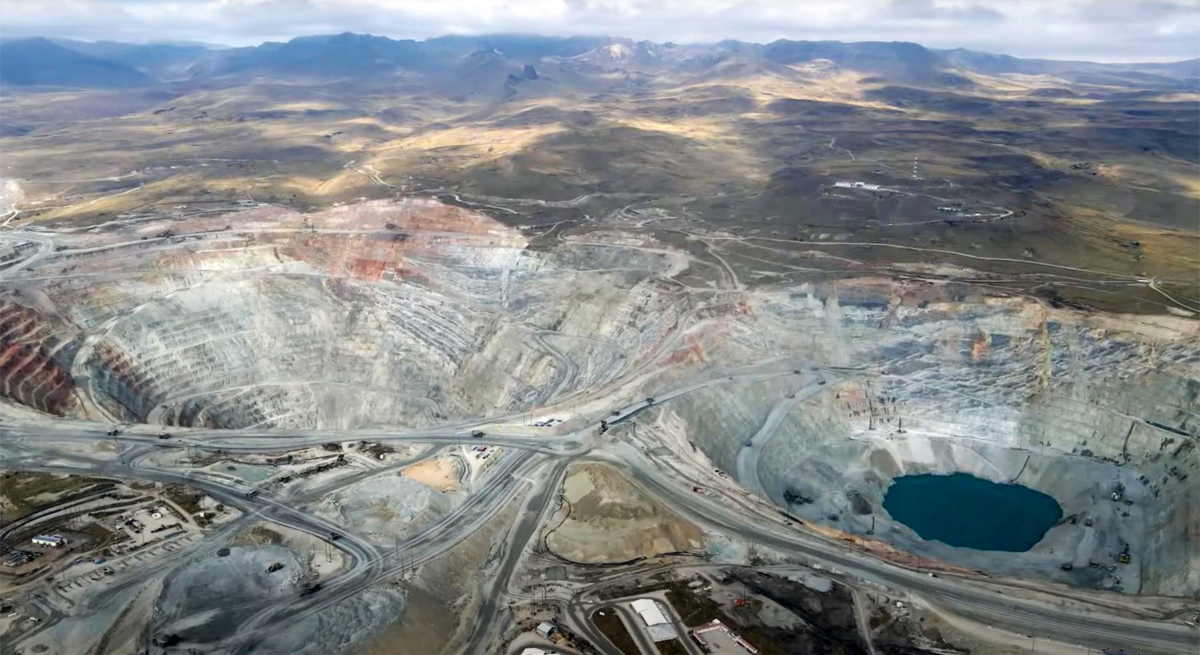Since 2013, the Swiss multinational commodity trading company, Glencore, has been operating Antapaccay, a massive copper mine located in the province of Espinar, Cusco, in the Peruvian Andes. At almost 4,000 meters above sea level, the neighbouring campesino communities are waging extensive resistance in protest to the severe contamination of their relatives in the land. Alarming amounts of copper, manganese, and arsenic are continuously polluting rivers, soil, fauna and flora in the territory of the Indigenous Quechua and K’ana peoples. The reckless mining practices and their consequences at Antapaccay have been confirmed through research with groups such as
CooperAcción,
Fair Finance Peru and
Amnesty International. Over the past 10 years, Glencore has ignored the communities’ demands for corporate accountability and systematically evaded any responsibility for their proven environmental and human rights violations.
In the cracks of this extractivist scenario, transnational solidarity resists and blooms through the collaboration between Swiss journalist Nicole Maron and Espinar-based filmmaker Vidal Merma. Together they co-produced and directed the documentary film “La Sangre del Rio – Das Blut des Flusses” (The Blood of the River, 2022) to record the repressed testimonies from Espinar’s communities as well as local and international journalists, politicians, lawyers and activists, denouncing the serious impacts of Glencore and the complicity of the Peruvian and Swiss governments.
Consequently, the documentary has been touring this year in Switzerland to bring visibility to the ongoing struggle against Glencore by climate and social justice activists, and for the Koalition für Konzernverantwortung (Coalition for Corporate Responsibility) to deliver a Responsible Business Initiative proposal to the Federal Chancellery with a massive approval of 287,164 signatures.
While the decision is pending from the Federal Chancellery, and as the affected communities continue to resist this oppression in Peru, we will hold the Critical Media Lab space for bearing collective witness to these testimonies while engaging in reflective dialogue. In doing so, we hope to question and address our connections to these extractivist-capitalist mining systems and what we can do to disturb them.
We invite you to an afternoon screening, followed by a conversation with one of the directors, Vidal, who will be joining us online from Cusco. We’ll close the evening with a solidarity buffet, sharing Peruvian foods to raise funds for medical aid to the communities in Espinar. We hope to see you then!
Event open to the public – Free entry
2:00 p.m. – 2:20 p.m.
Welcome and introduction
2:20 p.m. – 3:30 p.m.
Screening of the documentary
3:30 p.m. – 4:00 p.m.
Open dialogue with Vidal Merma (joining online)
4:00 p.m. – 5:00 p.m.
Solidarity buffet and Kollekte for medical aid for those affected by heavy metals in Espinar, Cusco.
Vidal Merma Maccarcco is a Quechua Indigenous land defender, an independent filmmaker and journalist from Espinar, Cusco, Peru. For the past 15 years, his practice has focused on investigating the consequences of mining extractivism in his province, with particular attention on the defence of the human rights of the K’ana Nation, the Huancané Bajo community, in the southern Andes. Due to his critical media practice, he endured many silencing attempts and obstacles as he tried to investigate and report on environmental incidents in the mines. He holds a master’s degree in documentary filmmaking and, besides “The Blood of the River” (2022), he has co-produced several documentaries and short films, and received international awards, like the Gold Medal at the 2023 Student Academy Awards for “Wings of Dust” (2024), and collaborated with National Geographic and the Pulitzer Centre.
